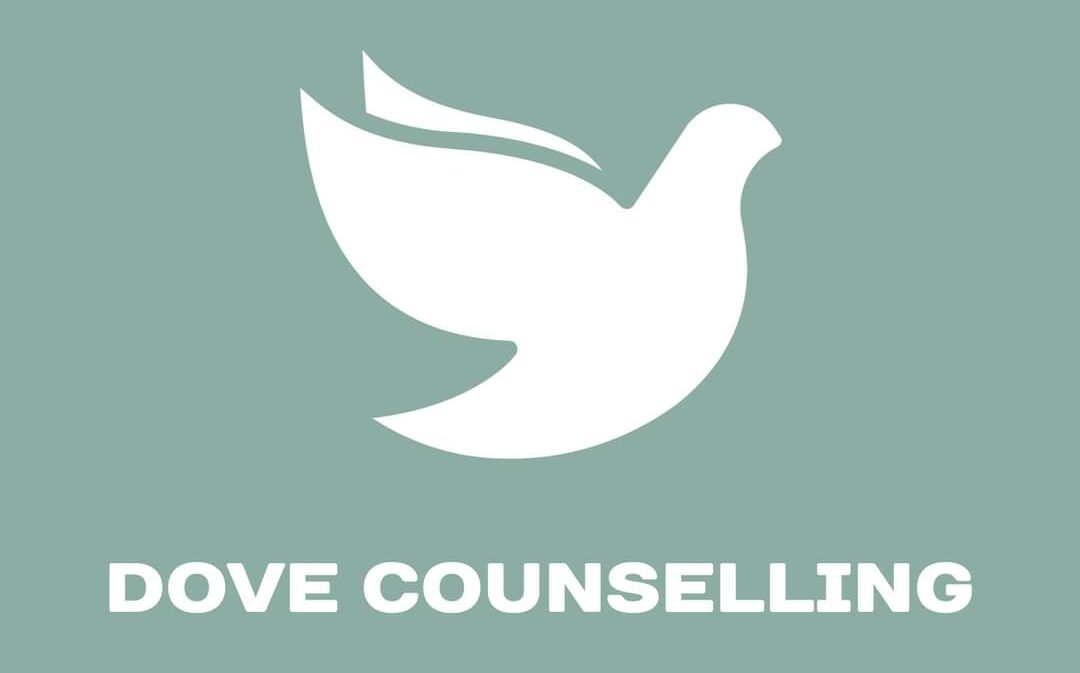
Navigating loss with grief counselling: Finding strength through healing
Grief is a profound and deeply personal experience, one that touches every life at some point. Whether brought on by the loss of a loved one, the end of a relationship, or another major life event, grief can feel consuming, disorienting, and at times, unbearable.
Everyone processes grief differently. For some, it brings waves of sadness and withdrawal; for others, it stirs up emotions like anger, guilt, or confusion. These emotional responses are natural, yet they can leave you feeling isolated or unsure of how to move forward.
Why grief counselling matters
Speaking openly about your emotions in a supportive, non-judgmental space can be an essential part of healing. A trained grief counsellor provides more than just a listening ear; they offer guidance, emotional support, and practical tools to help you process your loss at your own pace.
Grief counselling acknowledges that healing is not about forgetting or “moving on,” but about learning to live with the loss in a way that honours your experience and helps you rebuild a sense of peace.
How counselling can support the grief journey
Grief counselling is designed to address not only the immediate pain of loss but also any underlying emotional challenges it may surface. With the help of a compassionate professional, you can explore your feelings, understand your reactions, and gradually work toward emotional resilience.
Counselling offers structure during a time that often feels chaotic. It helps you gain clarity, develop healthy coping strategies, and reduce the intensity of distressing emotions over time. Whether you’re newly bereaved or dealing with lingering grief from the past, support is available.
The value of grief support groups
In addition to one-on-one counselling, grief support groups can be a powerful source of healing. These groups provide a shared space for people who have experienced loss to connect, listen, and be heard.
Being among others who truly understand what you’re going through can bring a sense of comfort and validation that’s difficult to find elsewhere. Within these communities, individuals exchange stories, offer mutual encouragement, and learn from each other’s coping methods, reminding one another that they are not alone in their grief.
Joining a local or virtual support group can ease the sense of isolation and help you feel more grounded during a time of profound change.

How grief counselling can help
In such times, finding the right support and guidance becomes crucial on the path to healing. Grief counselling offers a compassionate and empathetic space for individuals to navigate through the complex emotions and challenges that come with loss. Many individuals find comfort in speaking about their feelings, experiences, and emotions in a safe and supportive environment.
A qualified counsellor can provide the tools necessary to process grief effectively, helping clients manage their emotions and make sense of their loss. One key advantage of grief counselling is that it provides a structured setting where you can work through your pain with a professional who understands the emotional complexities of loss.

Signs you might benefit from grief counselling
While grief is a natural response to loss, certain signs may suggest that additional support could be helpful. You might consider seeing a grief counsellor if you:
- You feel that you need help and support to make sense of what’s happened.
- You are feeling low, tearful, isolated, overwhelmed by shock, anger, guilt, numbness, confusion and/or fatigue.
- You are experiencing sleep problems, aches and pains, difficulty concentrating, and/or restlessness.
- You find it hard to think about the future and/or feel like things are hopeless.
The transformative power of grief counselling
By engaging in grief counselling, you can gain a better understanding of your emotions, develop healthy coping strategies, and learn to navigate through the grieving process with support and guidance. Through grief counselling, you can:
- Reduce pressure to feel or respond in a certain way during your grieving process.
- Honour the lives of lost loved ones and solidify an enduring emotional connection with the deceased.
- Accept and process your feelings of loss and grief through the use of metaphor.
- Create rituals around loss inspired by your love for the deceased so that you can cope better, manage extreme emotions, and regain a sense of control.
- Better understand the multidimensional nature of grief.
- Recognise that while your experiences of grief are unique, the loss is a natural part of the broader human experience.
- Develop creative ways to take care of yourself, for example using the broken mirror metaphor, imagery, and writing a letter to the deceased.
- Connect with your strengths and values.
- Find the balance between processing your grief and avoiding activities so that you can find experiences that provide temporary respite from the intensity of grief.
- Establish traditions to celebrate your loved one in your life.
Healing is possible
Healing doesn’t mean forgetting or “getting over” the loss. Instead, it means finding a new way to carry it, one that allows you to live fully while still honouring the love and meaning behind what you’ve lost.
Whether you have recently experienced loss or are still struggling with unresolved grief, counselling can be a valuable tool in unlocking healing and recovery. Healing from grief is not about “moving on” but about learning how to live with the loss in a healthy way. If you or someone you know is struggling with grief, reaching out for professional help could be a vital step in the healing process.

0 Comments